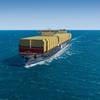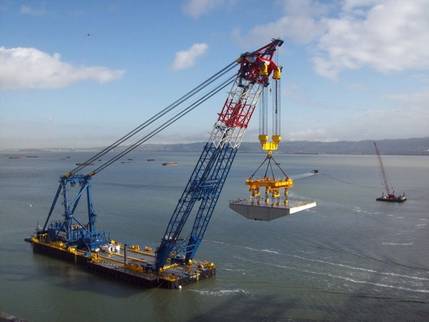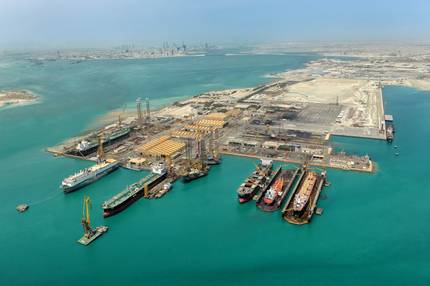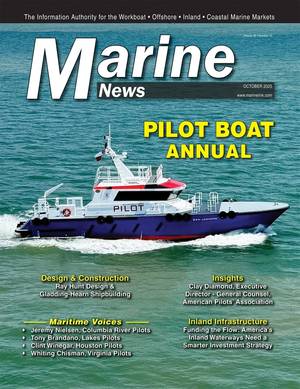Seeking Peace in the South China Sea
Amid ongoing maritime tensions, the Philippines signaled it is open to exploring new agreements with China aimed at preserving peace in the contested South China Sea, Foreign Affairs Secretary Enrique Manalo said Sunday during an ASEAN summit in Kuala Lumpur.
“Anything within the scope of diplomatic or peaceful means, or cooperation, is certainly within our template,” Manalo noted, referencing possible future arrangements despite ongoing confrontations between Philippine and Chinese vessels.
The South China Sea, a critical trade corridor through which roughly $3 trillion in goods pass annually, remains a flashpoint between Beijing and Manila. Relations have grown increasingly strained over Chinese coast guard patrols within the Philippines' exclusive economic zone (EEZ), especially near disputed features such as Second Thomas Shoal, where Filipino troops are stationed aboard a grounded navy ship.
Despite last year's "provisional arrangement" between the two countries to facilitate resupply missions to that vessel, standoffs have continued. China maintains its sweeping claims over nearly the entire South China Sea—claims that overlap with the EEZs of the Philippines, Vietnam, Malaysia, Indonesia, and Brunei.
While Beijing has pushed for continued dialogue, it denies engaging in aggressive conduct. Manila, meanwhile, is urging the acceleration of negotiations for a binding code of conduct between China and the Association of Southeast Asian Nations (ASEAN), a process that has stalled for decades.
Philippine President Ferdinand Marcos Jr. echoed that urgency during remarks to ASEAN leaders on Monday, calling for a legally binding code to safeguard maritime rights and reduce the risk of miscalculation. The Philippines is set to chair ASEAN in 2026.
Tensions in the region have far-reaching implications, especially given the 1951 U.S.-Philippines Mutual Defense Treaty, which obligates Washington to defend Manila in the event of an armed attack—including incidents in the South China Sea.
(Reuters + staff)














